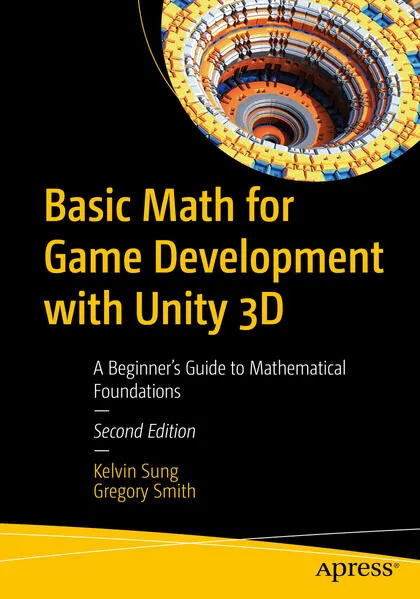
- Publikationen ca: 2
- Buchbewertungen ca: 2
- Fragen & Antworten
Kelvin Sung
Kelvin Sung is a Professor with the Computing and Software Systems Division at University of Washington Bothell (UWB). He received his Ph.D. in Computer Science from the University of Illinois at Urbana‐Champaign. Kelvin's background is in computer graphics, hardware, and machine architecture. He came to UWB from Alias|Wavefront (now part of Autodesk), where he played a key role in designing and implementing the Maya Renderer, an Academy Award‐winning image generation system. At UWB, funded by Microsoft Research and the National Science Foundation, Kelvin’s work focuses on the intersection of video game mechanics, solutions to real‐world problems, and mobile technologies. Together with his students and colleagues, Kelvin has co‐authored six books: one in computer graphics and the others in 2D game engines with Apress.
Gregory Smith is a software engineer at Virtual Heroes, a company that focuses on creating training and simulation software in Unreal Engine. He received his undergraduate degree in Computer Science from Northwest Nazarene University in 2018 and earned a Masters of Computer Science and Software Engineering degree from the University of Washington Bothell in 2020. Gregory also owns his own game company, Plus 2 Studios, which he works on in his spare time.
Basic Math for Game Development with Unity 3D
This book will teach you fundamental mathematical concepts using Unity-based custom examples, explaining the implementations and demonstrating how these concepts are applied in building modern video game functionality. You will learn the theoretical foundation of each concept, and then interact, examine, and modify the implementation to inspect the effects.
Basic Math for Game Development with Unity 3D
This book will teach you fundamental mathematical concepts using Unity-based custom examples, explaining the implementations and demonstrating how these concepts are applied in building modern video game functionality. You will learn the theoretical foundation of each concept, and then interact, examine, and modify the implementation to inspect the effects.

